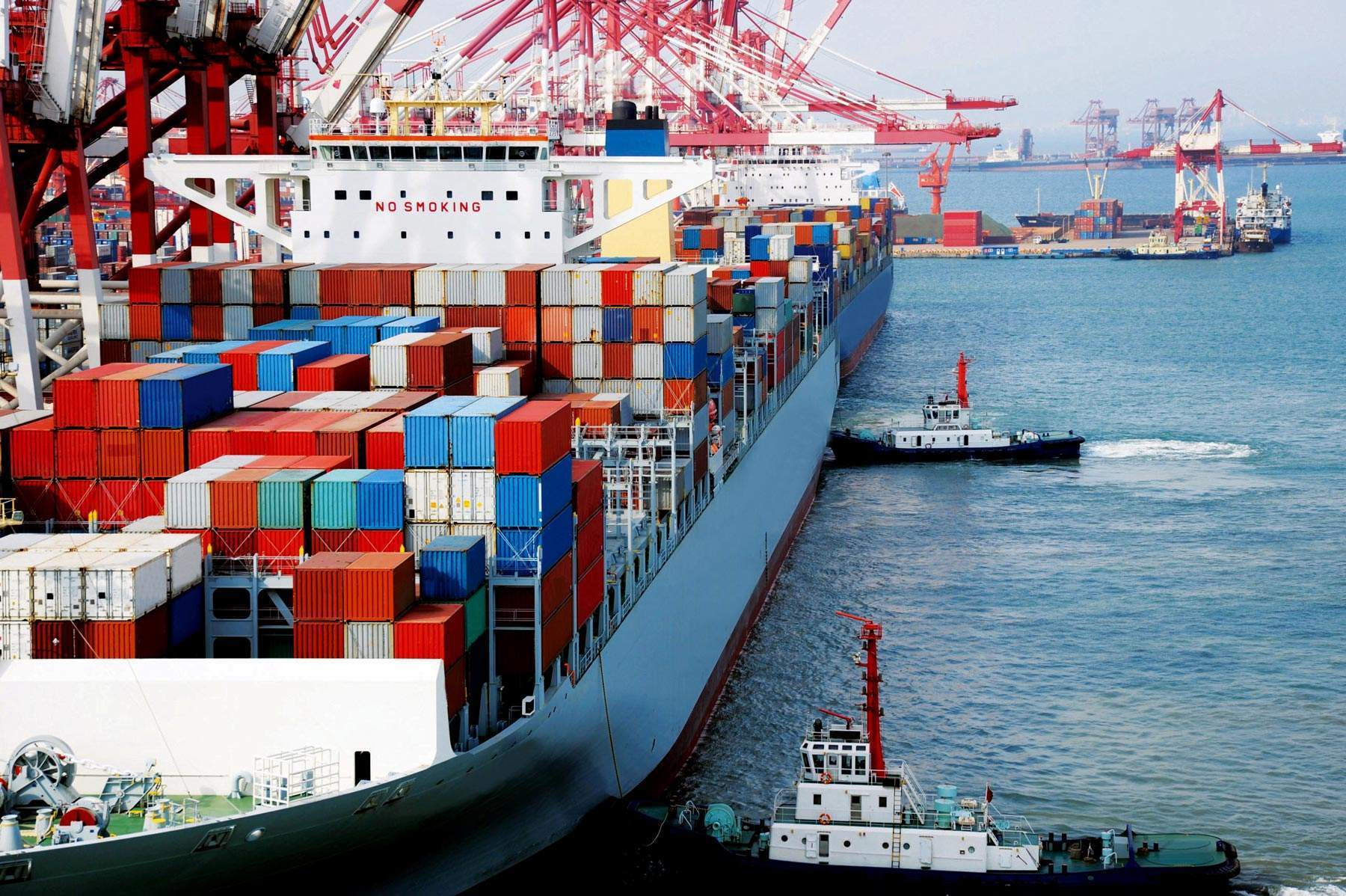
A rise in protectionism and trade wars could have a negative long-term impact on global living standards, according to a recent report by the Organisation for Economic Co-operation and Development (OECD).
The report, named ‘The Long View: Scenarios for the world economy to 2060’, sets out predictions for the state of the world economy by 2060 if the economy continues to behave as it does currently. It also outlines a number of alternative scenarios and examines their potential impacts. One such scenario is if global trade was to ‘slip back toward protectionism’.
Trump is pursuing economic protectionism
Protectionism is the economic policy of restricting imports from other countries through methods such as tariffs, taxes on products made abroad. Currently, US President Donald Trump is pursuing a policy of economic protectionism in a bid to boost the US economy and manufacturing industry, and cut the country’s trade deficit.
This has sparked a trade war, with Trump imposing steep tariffs on $50bn worth of Chinese goods, and China retaliating by putting its own tariffs on goods imported from the US.
This could have an impact on long-term living standards
The report explains that falling tariffs on international trade in goods, along with falling transportation costs, have boosted supply chain integration across countries and increased trade intensity over the past few decades. However, rising protectionism could reverse this trend.
The OECD has warned that if tariffs continue to rise, global living standards could suffer. It predicts that if average import tariffs rise to the levels they were in the 1990s between 2020 and 2030, this could lower long-term living standards. In this scenario, they could decrease globally by 14%, and as much as 15-25% in the most affected countries, by 2060.
How well do you really know your competitors?
Access the most comprehensive Company Profiles on the market, powered by GlobalData. Save hours of research. Gain competitive edge.

Thank you!
Your download email will arrive shortly
Not ready to buy yet? Download a free sample
We are confident about the unique quality of our Company Profiles. However, we want you to make the most beneficial decision for your business, so we offer a free sample that you can download by submitting the below form
By GlobalDataAssuming that tariffs were to return to 1990s levels, the most negatively affected countries would be those for which the average import tariff would increase the most. This would includes Australia, Brazil, Chile, China, India, Indonesia, New Zealand and Switzerland.
In terms of GDP, high-growth emerging economies would suffer the most, with BRIICS countries (Brazil, Russia, India, Indonesia, China, South Africa) losing 18% in real GDP per capita by 2060 and the OECD area (the 37 countries that are members of the OECD) losing 6%.
The report explains how this scenario could have a negative impact on the world economy:
“An increase in average import tariffs depresses world trend real GDP per capita growth by nearly ½ percentage point at the peak in the two decades after the tariff increases are fully implemented, tapering off only slowly thereafter.”
It also highlights how open trade impacts other areas, such as labour efficiency:
“Because trade is an important channel through which technology and know-how diffuse across borders, the increase in world trade has supported labour efficiency growth in countries that were, or have become, more open to trade.”
Worryingly, the OECD predicts that in reality, growth would likely decline even more quickly and strongly than in the model set out in the report due to “negative demand-side effects on confidence and investment”.
However, the report sets out a number of things countries could implement to improve their living standards by 2060, including labour market reforms, making product markets more competitive and improving governance and education in emerging economies.







